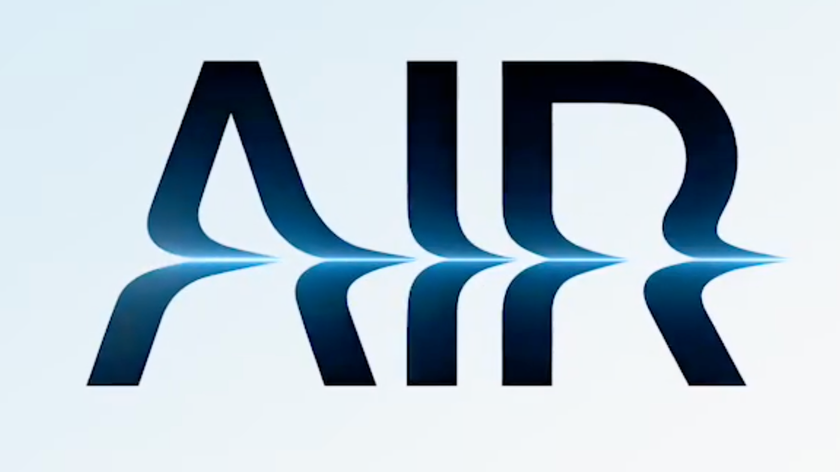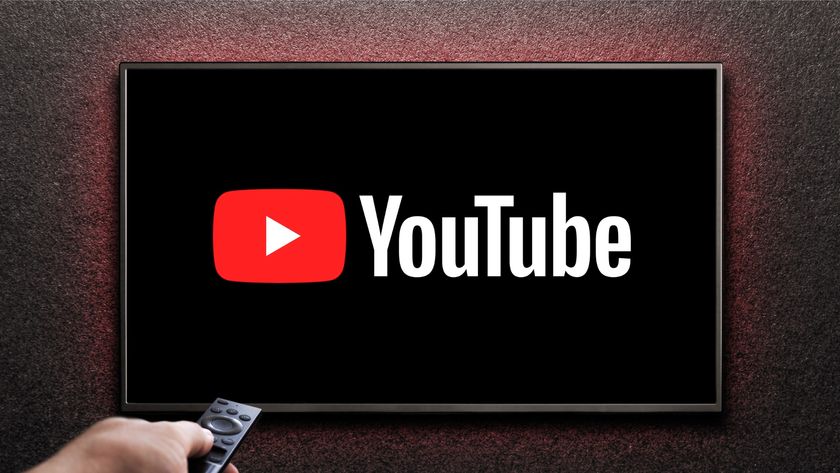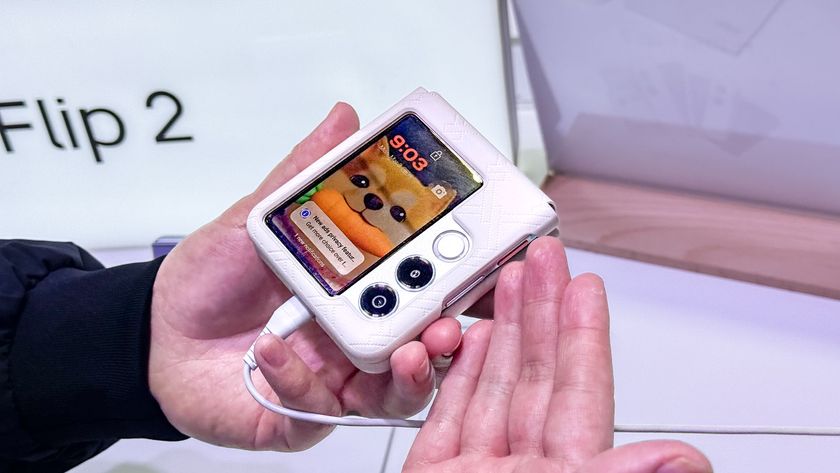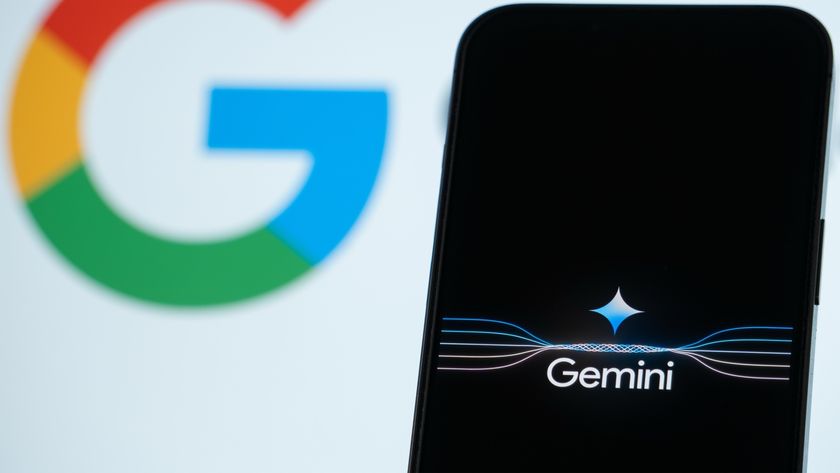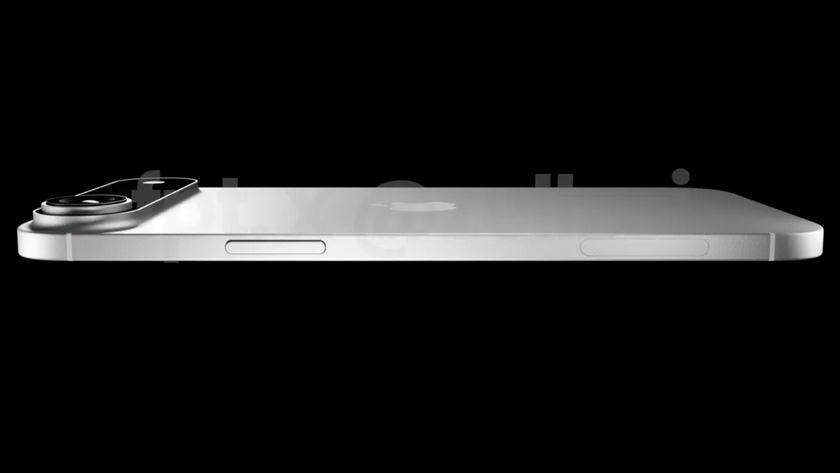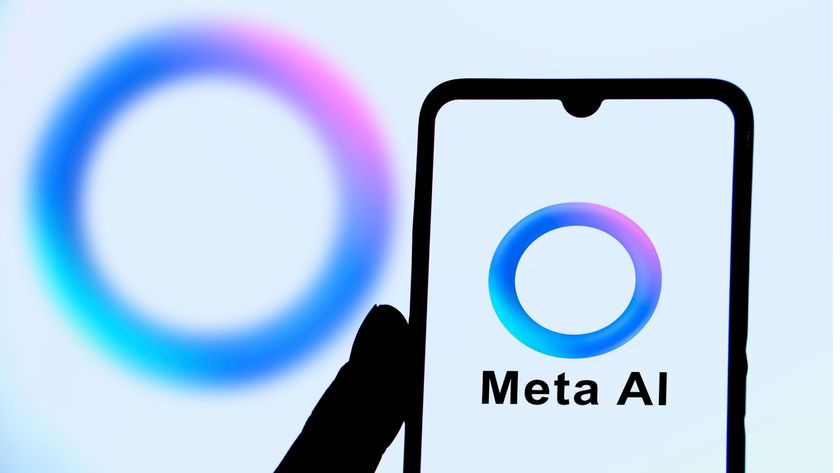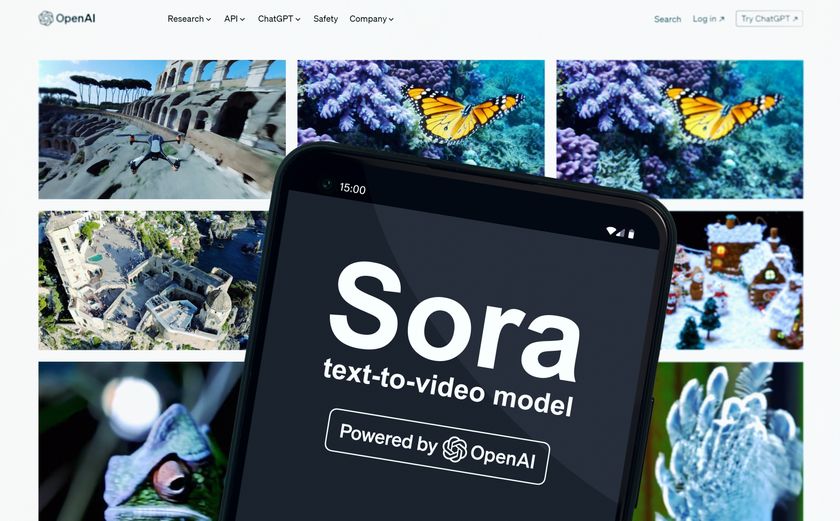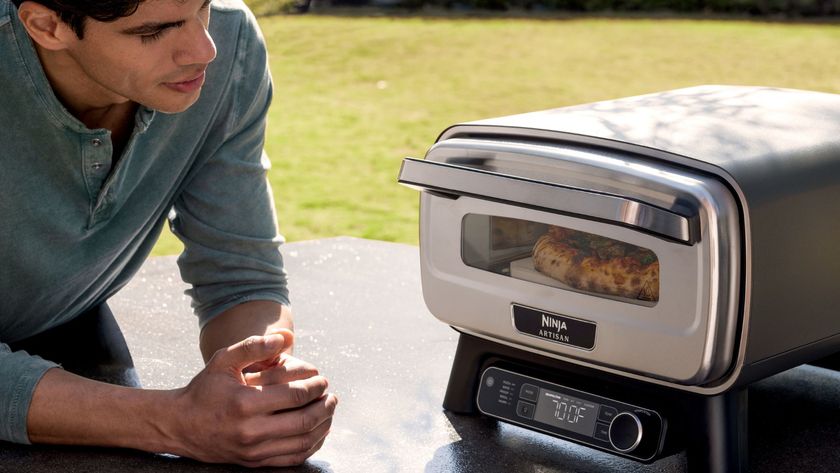Rumor: HP Wanted $1.2B For webOS, Didn't Get It
HP reportedly was asking for the same amount it shelled out for Palm back in April 2010: $1.2 billion USD.
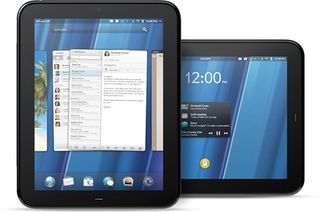
VentureBeat reports that HP tried to get rid of its Palm-based assets over the latter half of 2011, but didn't land any buyers because the company was asking for the same price it shelled out back in April 2010: $1.2 billion. But given that consumer demand looked the other way when the Touchpad hit the market, and that the only new webOS-based phone on the American market was the AT&T exclusive HP Veer 4G, it's no wonder third parties weren't lined up for the assets.
Based on the asking price, HP was looking to take absolutely no loss whatsoever save for whatever the company invested in its Palm-based products after the April 2010 acquisition. As VentureBeat points out in its "exclusive" report, Palm's value has fallen significantly since HP's acquisition. The Touchpad's failure didn't help, and the Pre 3 and Veer 4G's limited release only seemed to spell certain doom for webOS and Palm.
HP reportedly held discussions with Amazon, Samsung, Intel and many others. At one time there were even reports that HP approached social website Facebook and its CEO Mark Zuckerberg, but as VentureBeat alleges, was seemingly "laughed out of the room" (Zuckerberg reportedly didn't say much during the meeting).
For months we waited on the edge of our seats to discover the fate of webOS after HP made the "we're not sure what we're going to do" announcement back in the fall. We felt empathy for those involved with webOS as they waited month after month to see if they still had a job. But earlier this month HP came to a final decision just before the nails were completely gnawed down to the cuticle, a move that could eventually pay back the $1.2 billion HP shelled out for Palm and webOS in the first place: HP made webOS open source.
Many may disagree, but this was a brilliant move. Like Google, HP can develop the OS and throw it at manufacturers who in turn can customize it to fit their software and hardware needs. And like Google's Android, carriers can insert their bloatware and advertise the end devices as exclusive, feature-packed solutions. The only drawback is that HP will really need to work on the webOS ecosystem, to draw app developers in and convince them that webOS will one day rule the mobile world.
VentureBeat speculates that HP is either a terrible negotiator, or it never really wanted to let go of webOS in the first place. At this point it really doesn't matter -- the software is now open to more possibilities than what was available in its previous state. For HP's sake, let's hope it can turn the $1.2 billion investment into a $20 billion investment in the coming years.
Sign up to get the BEST of Tom's Guide direct to your inbox.
Get instant access to breaking news, the hottest reviews, great deals and helpful tips.
Kevin started taking PCs apart in the 90s when Quake was on the way and his PC lacked the required components. Since then, he’s loved all things PC-related and cool gadgets ranging from the New Nintendo 3DS to Android tablets. He is currently a contributor at Digital Trends, writing about everything from computers to how-to content on Windows and Macs to reviews of the latest laptops from HP, Dell, Lenovo, and more.
-
eddieroolz Perhaps if HP had invested more into actually understanding how to run a software venture, it would have worked out better.Reply -
feeddagoat I dont agree it was the right choice. HP needed to nurture and control this. Integrating it into their laptops and eventually creating a universal platform and eco system was the way they needed to go. Linux controls open source on pc and android in mobile. WebOS is a poor mans android then? Why would any manufacturer was time and money developing for it only ro cannibalise their own sales? Even if it went to low end devices where brew and bada reside again no one will take it on since the market isnt mature. Android has shown that letting people do what they want is a double edged sword. Look at carrier bloatware and some of the skins. While im for open OS it does need some boundaries.Reply -
scythe944 All I can say is that I loved my Pre (-) while I had it. I kept holding on waiting for the Pre 3 that never was. I moved to Android and while I like it and the ecosystem it has, I'd go back to WebOS at the drop of a dime if they got some developers and nice hardware involved.Reply
Let's see what the community can do for this wonderful OS. -
jacobdrj feeddagoatI dont agree it was the right choice. HP needed to nurture and control this. Integrating it into their laptops and eventually creating a universal platform and eco system was the way they needed to go.Reply
This is an appealing idea. Should have gone this route... Just imagine what you could do with an integrated WebOS chip on the motherboard. Could have made some quick-boot features, some basic interwebs, and elementary apps...
In fact, I don't see a reason why another manufacturer wouldn't do this with Android and their own laptops...
-
apocryphon The problem with Android is patents. If the patent wars continue to slog on into 2012, it will give the opportunity for minor platforms such as WinPho and maybe even webOS the chance to shine. For the latter, however, it hinges on whether or not manufacturers such as HTC might want to branch into an alternative platform to escape that patent woes. Any perceived Google favoritism towards Motorola may be a factor, as well.Reply -
tempelife Epic Fail. A very capable OS can be built for way less than 1.2B. In addition, is anyone going to compete with the beast called "Google" and their Android OS with all their services? Even if an OS is better, it is almost impossible to compete because Android has so much integration with the cloud and web including Gmail, Contacts, Google Talk, Google Voice, Navigation (turn-by-turn), Picasa, Browser Syncing of History, Searching, and Favorites, etc. That is too much to overcome by a standalone OS no matter how good it is. HP should have seen that mountain before they purchase WebOS. I know 1.2B is too much for an OS running on printers and other small devices. There certainly had to be a solution that was at least $1,000,000,000 cheaper. So again, epic fail from a decision-making standpoint by HP. Notice the CEO is now gone as he saw the writing on the wall and left to Oracle, where Larry Ellison threw 10s of millions at him which of course didn't made it that much easier to leave.Reply -
xyster I really like webOS as an operating system, but it came to fruition very late and has since been neglected.Reply
I am not sure if open source is the right course, but I am glad HP is at least doing something with it that will drive it forward.
I would buy a device with a matured WebOS and community. definitely.

